Description
Jon’s coffee special features three of our most popular coffees.
This bundle includes:
*Bundles change over time. You will get the listed coffees at the time of order. *
Brazil FAF Bob-O-Link – Caconde Serra Do Cigano – Natural Processed
A high grown bean, between 1,200 and 1,350 m above sea level in the Serra dos Ciganos mountains of Caconde (São Paulo), this micro-lot brings together two awesome farmers in the community under the Bob-O-Link Project, an FAF initiative launched in 2008 to transform Brazilian coffee from a mere commodity into a specialty product. Under the High Nature Value 2 (HNV 2) program, the community has eliminated synthetic pesticides and adopted biological solutions that foster local biodiversity—practices intrinsic to regenerative agriculture. The harvest is carried out manually from May through September, and the cherries undergo a 100 % natural process: they are dried on raised patios, with the beans turned periodically for up to 72 hours to even out moisture and enhance complexity
A very versatile and balanced profile. Hints of a lemon/citrus acidity that evolve into smooth chocolate, and subtle spice notes when roasted darker. One will see notes of toffee, peanuts, citrus, caramel, and a rich semi-sweet chocolate like tone.
I had the joy of staying with them back in 2017 on my first trip to Brazil and am happy to vouch for the sustainability and quality of the operation. They are leading the way in boutique Brazilian coffee and getting better every season! This is not your average Brazil by any means. From processing, quality of screen, tastes and sustainability of their farming practices, these beans go way above 99% of Brazilian coffee production.
These two very fancy Bob-O-Link coffees are far from average Brazil. Higher cup scores, more diversity in flavor, more traceable, and fresh as can be. Instead of being a larger production blend of co-op members, these are fancier top lots from single farms, or multi-family lots of single strains.
Tasting Notes: A beautiful single-origin drinking Brazil best from medium to dark roasts. Clean, rich and balanced; this is a cup we are happy to drink all day long! This is the most traditional lot of the three, a bit more neutral tasting but just as clean and tasty. Hints of lemony acidity at the lighter roasts, good body with more traditional Brazilian nuttiness in the cup. Turns a bit more chocolaty and smooth as one pushes the roast into the medium to dark roast level. A nice sweet edge to the cup regardless of roast level. Still has some fruitiness in the cup, also some cool spice notes, but mild comparatively to the other two offerings.
Roasting Notes: Easy to roast, a little chaff heavy. Roasts just slightly two toned. If shooting for those wonderful light roasts, make sure everything is a little through first crack. A longer setup is not necessary, these beans present nicely even 12 hours later. After 4-5 days, loses a bit of floral/fruity factors but the cup will be richer and smoother.
—————————————————————–
Mexican Grupo Terruño Nayarita – Washed Processed
Terruno Nayarita provides ultimate traceability into the lots, lot tracking details coming soon! Too fresh of an arrival, is not quite in the database yet.
Want to know why we think Terruño Nayarita is so cool? Check out our new blog post about them.
This is a co-op that holds a special place in our hearts. This coffee is from 100% traceable, directly traded micro-lots. Each bag is uniquely identified with a bar code and a serial number which can be used to see everything behind its production, click here to check it out. Gathered around an extinct volcano, Cerro San Juan, a committed group of 260 cooperative coffee farmers are working together to produce arguably the best coffee in Mexico. Terruño Nayarita coffees come from heirloom trees. The word ‘Terruño’ means ‘homestead’. These are farmers that take great pride in their coffee. This is the top screen-size/grade from the Terruño Nayarita Co-op.
San Cristobal Coffee Importers takes great care to find and produce excellent coffee, making sure farmers use safe, sustainable shade techniques and provide a fair wage to the workers. Check out their webpage:San Cristobal
Tasting Notes:
A great daily drinker! Works well from light to dark roasts. Very sweet and chocolaty cup of coffee with some lemony/floral crispness upfront. Light roasts will show stronger citrus mixing with a nuttier darker tone with slightly herbal accents, small hint of caramel will show with a little longer setup. Could be a bit acidic for some, but presents nicely for those who like a little citric and a nuttier cup profile. Medium roasts smooth out the cup and move the darker tones to more along the chocolate like alley, far less noticeable citric tones. Likely the best roast for daily drinking, but will be personal preference. Closer to 2nd crack or touching it, a strong chocolate like profile, more semi-sweet with very low acidity and a creamy mouthfeel with a little spice in the aftertaste.
Roasting Notes:
A nice medium roast is the way to go, can lean it a little lighter or darker depending on personal taste. Roasts pretty even for a natural, is a bit higher chaff, but would still make the easier to roast category. Even roasting with medium to low chaff levels.
—————————————————————–
Guatemalan Premium Antigua – Los Volcanes
Although many of our Guatemalan coffees end up coming from Huehue or Fraijanes (for its all about who you know, and we know some of the best in Huehue and Fraijanes), the region of Antigua is what made Guatemalan coffee famous. The most recognized of the Guatemalan regions producing premium coffee. Many would default to saying Antigua is the best… but those are also folks who don’t know our buddy Edwin from Finca Vista Hermosa in Huehue or the Prentice family behind Finca De Dios in Fraijanes. This is a lovely tasting and great example of Antigua coffee, well worthy of our list.
This cup comes from family-owned farms located near the city of Antigua between volcanoes named Agua (water) and Fuego (fire) within the department of Sacatepequez, Guatemala. Coffee produced in the Antigua region has a protected designation of origin (PDO) because of Antigua’s renowned coffee reputation. Coffee is traditionally grown in this region under a canopy of grevillea trees and native shade trees called chalum (ingas).
Tasting Notes: A great example of Antigua coffee, follows those wonderful floral versus chocolaty notes that made the region so famous. Medium roasts are recommended but good from light to dark. Lighter roasts will accentuate the lemony floral tones of the cup, the chocolaty factor will be just a hint but noticeable and smooth, a bit of nuttiness will linger in the aftertaste not present in further roast levels. Medium roasts are very clean and balanced – not too acidic, not too bitter – sweet edged and will have wonderful mix of tones. Darker roasts and smooth and semi-sweet, low acidity and very chocolaty.
Roasting Notes: Medium to dark roasts are where this bean will shine but clean enough to be tasty light to dark. Light roasts are just a bit sharp and don’t have time to develop those lovely chocolaty notes. Easy bean to roast and play around with.
The city of Antigua is in many ways a modern coffee Eden. It’s iconic, laid back, gorgeously ornate, and for a city of its size it is absolutely teeming with historic coffee infrastructure. Coffee from most of the Sacatepéquez department is known simply as “Antigua”, and their sugar profiles range from butterscotch to marzipan sweetness, and acids from lemonade-like piquancy to dessert wine or tangy dried fruit.
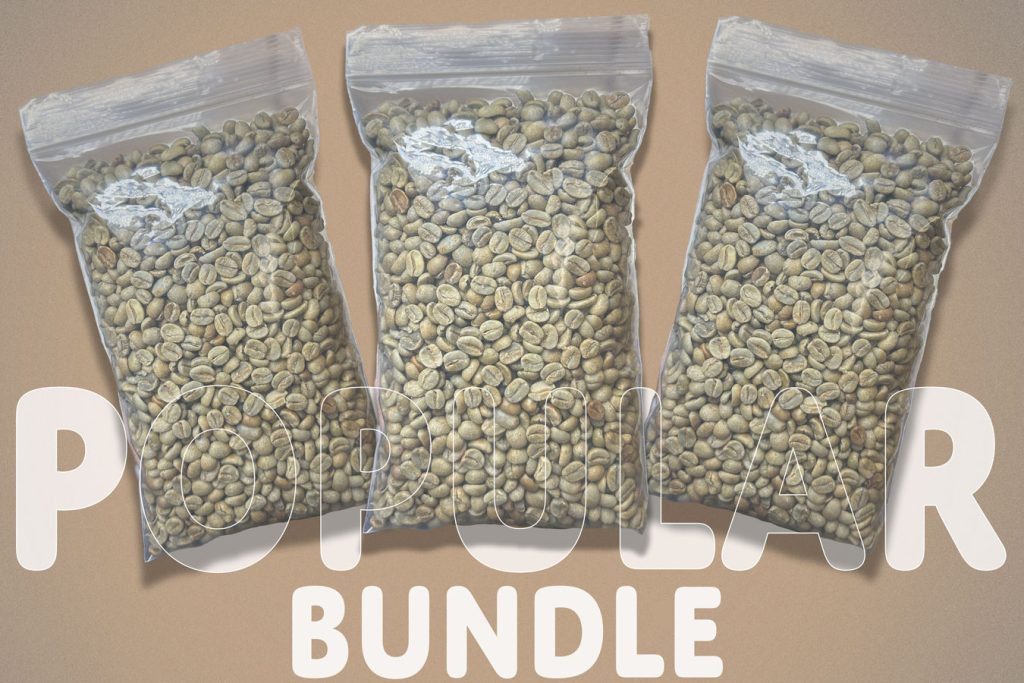
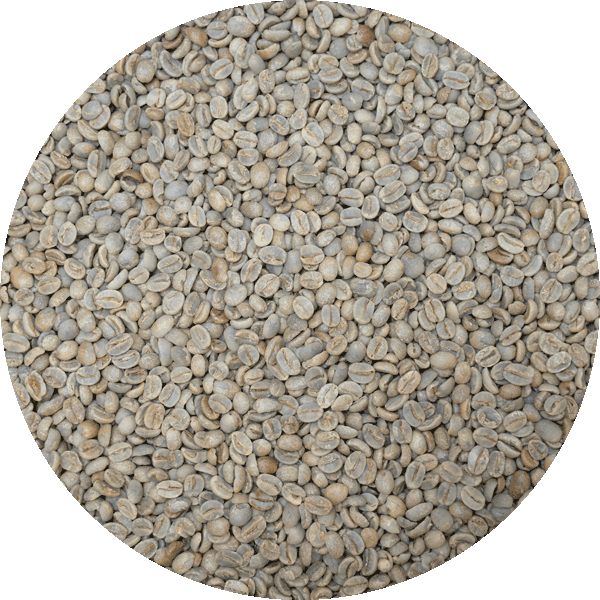

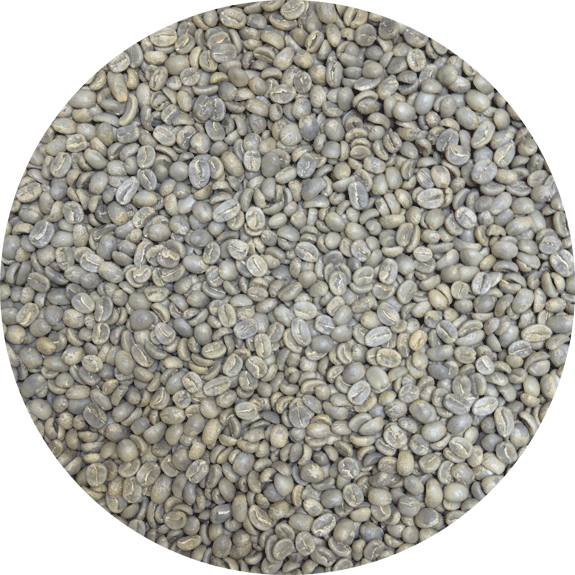
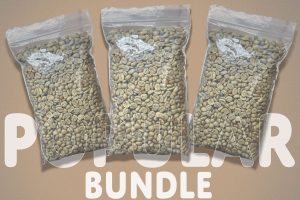
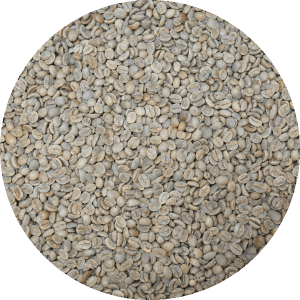
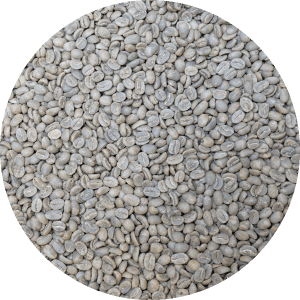
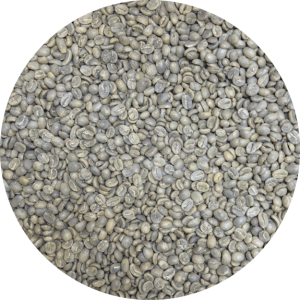
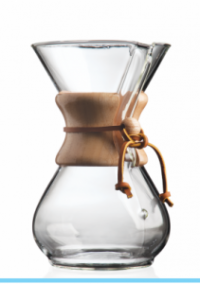
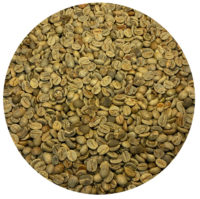
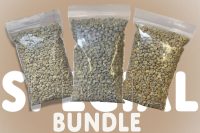
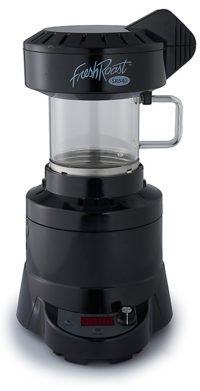

Bill M. –
I always love this coffee. It has a lovely and complex flavor. No one element dominates. I like to roast it medium to medium dark. Each pound I roast is a different variety, but every time I roast this one, both my wife and I absolutely love it.
John Newton (verified owner) –
This is an excellent sampler of coffees from Central America. They are all delicious.